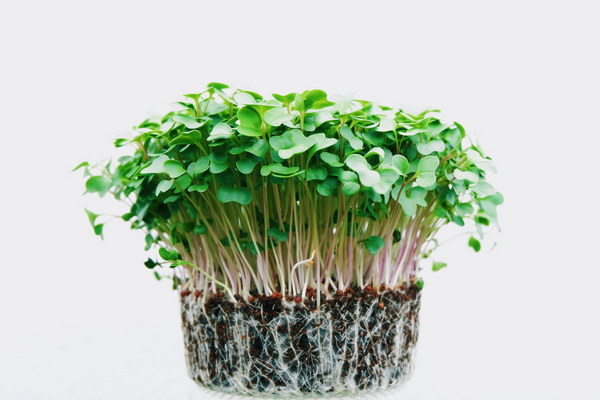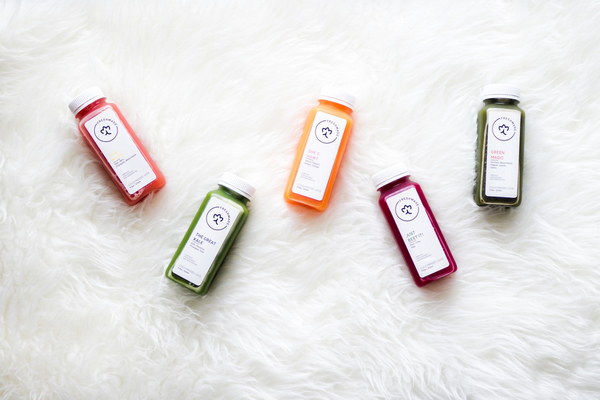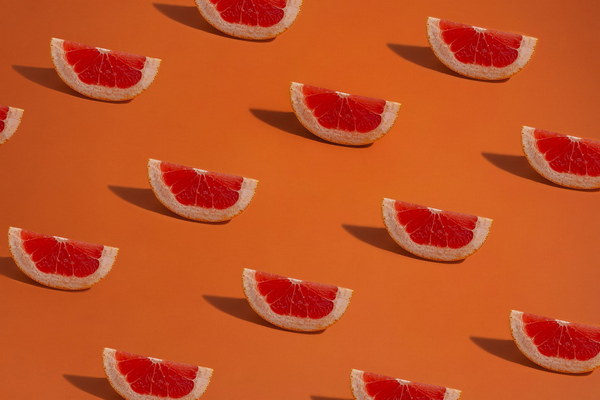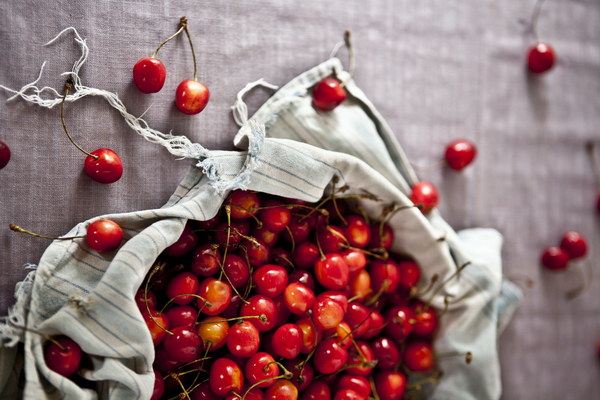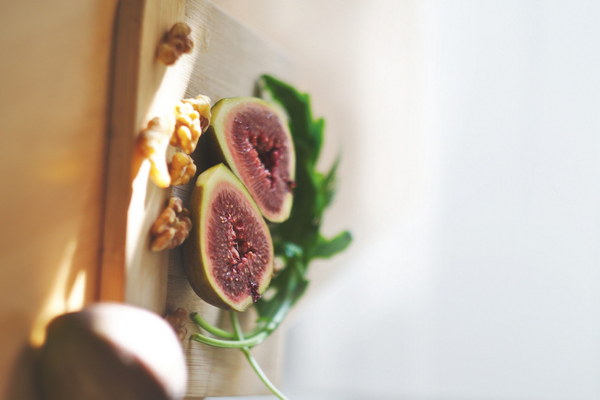Does Consuming Grapes Really Combat Aging A Closer Look at Anti-Aging Benefits of Grape Consumption
Does Consuming Grapes Really Combat Aging? A Closer Look at Anti-Aging Benefits of Grape Consumption
In the quest for eternal youth, many turn to a variety of methods, from skincare routines to rigorous exercise. One food that has garnered significant attention for its potential anti-aging properties is the grape. But does consuming grapes really combat aging? Let's delve into the science behind this popular belief and explore the anti-aging benefits of grape consumption.
The Antioxidant Powerhouse: Resveratrol
Grapes are renowned for their high content of antioxidants, primarily due to a compound called resveratrol. Resveratrol is found in the skin, seeds, and juice of grapes and is thought to have numerous health benefits, including potential anti-aging effects. Research suggests that resveratrol can help combat the aging process by neutralizing free radicals, which are unstable molecules that can damage cells and contribute to aging.
Free Radical Damage and Aging
Free radicals are a byproduct of normal metabolic processes and environmental factors such as pollution and UV radiation. Over time, the accumulation of free radicals can lead to oxidative stress, which is believed to contribute to the aging process. Antioxidants like resveratrol help neutralize these free radicals, potentially slowing down the aging process and reducing the risk of age-related diseases.
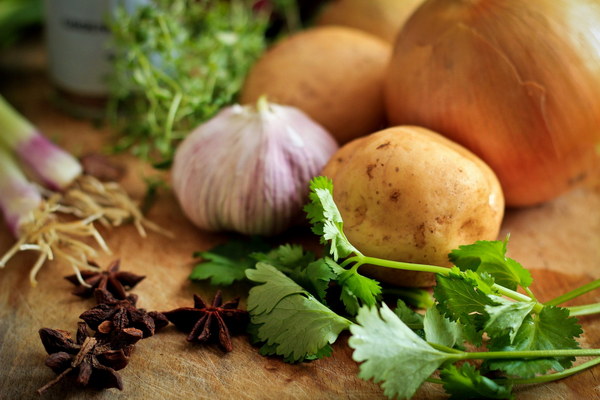
Anti-Aging Benefits of Resveratrol
Several studies have investigated the potential anti-aging benefits of resveratrol, including:
1. Longevity: Research on animals has shown that resveratrol can extend lifespan by activating certain genes that regulate the aging process.
2. Heart Health: Resveratrol is believed to improve heart health by reducing inflammation, lowering cholesterol levels, and improving blood vessel function.
3. Skin Health: Antioxidants in grapes can help protect the skin from UV radiation damage, reducing the risk of wrinkles and other signs of aging.
4. Brain Health: Some studies suggest that resveratrol may have neuroprotective effects, potentially reducing the risk of cognitive decline and neurodegenerative diseases like Alzheimer's.
Grape Consumption vs. Supplements
While grapes are a rich source of resveratrol, it's important to note that the amount of resveratrol you can obtain from eating grapes is relatively small compared to the amount found in supplements. However, the overall health benefits of consuming grapes, including fiber, vitamins, and other antioxidants, make them a valuable addition to a balanced diet.
The Role of Diet and Lifestyle
While consuming grapes may have anti-aging benefits, it's important to remember that they are just one piece of the puzzle. A holistic approach to health, including a balanced diet, regular exercise, and adequate sleep, is crucial for maintaining youthful vitality.
Conclusion
In conclusion, while there is evidence to suggest that consuming grapes, particularly due to their high content of resveratrol, may have anti-aging benefits, it's not a magic bullet. A diet rich in antioxidants, along with a healthy lifestyle, is the best way to combat aging and maintain youthful health. So, go ahead and enjoy a glass of grape juice or a handful of grapes – they might just be giving you that extra edge in the fight against time.



